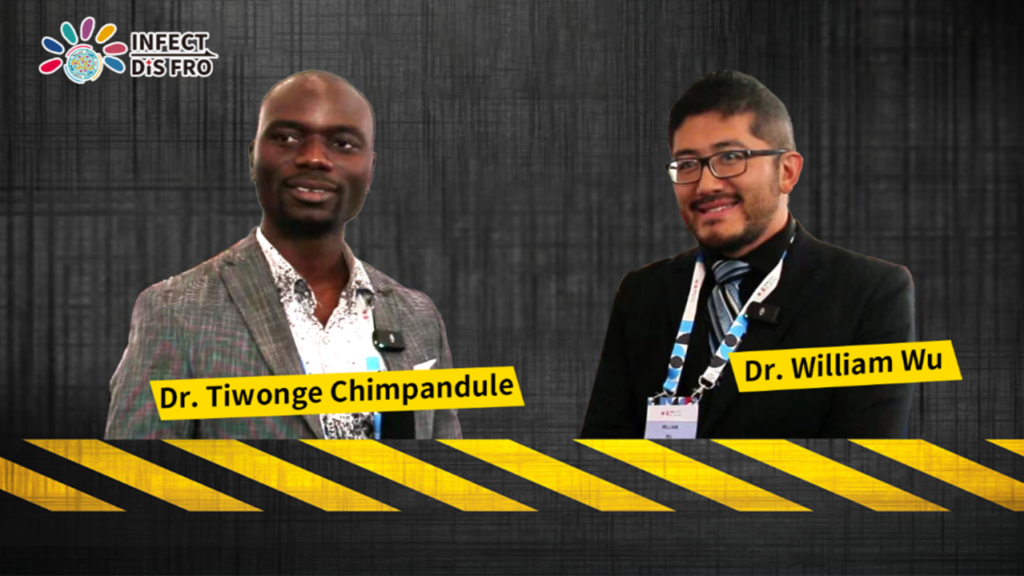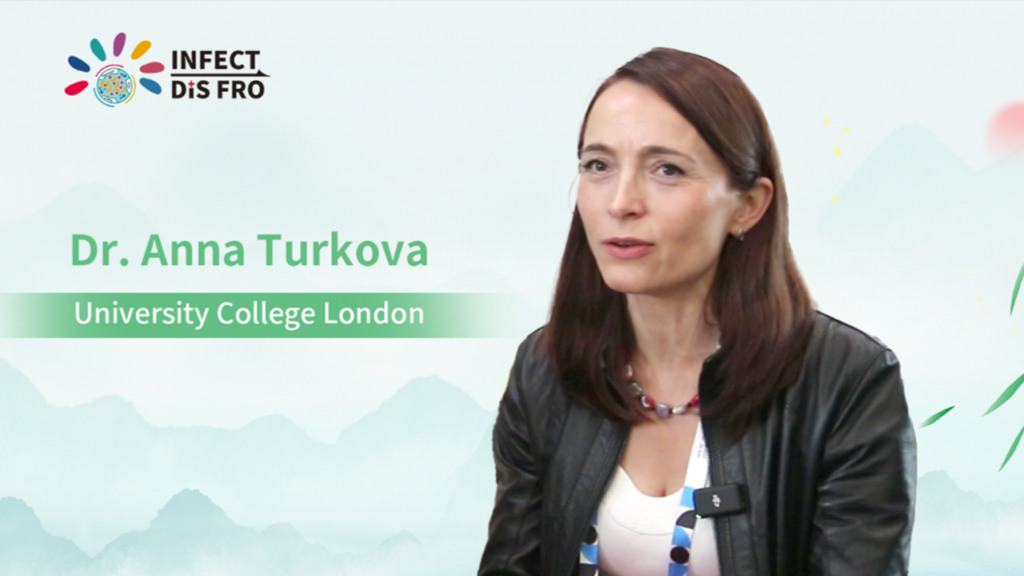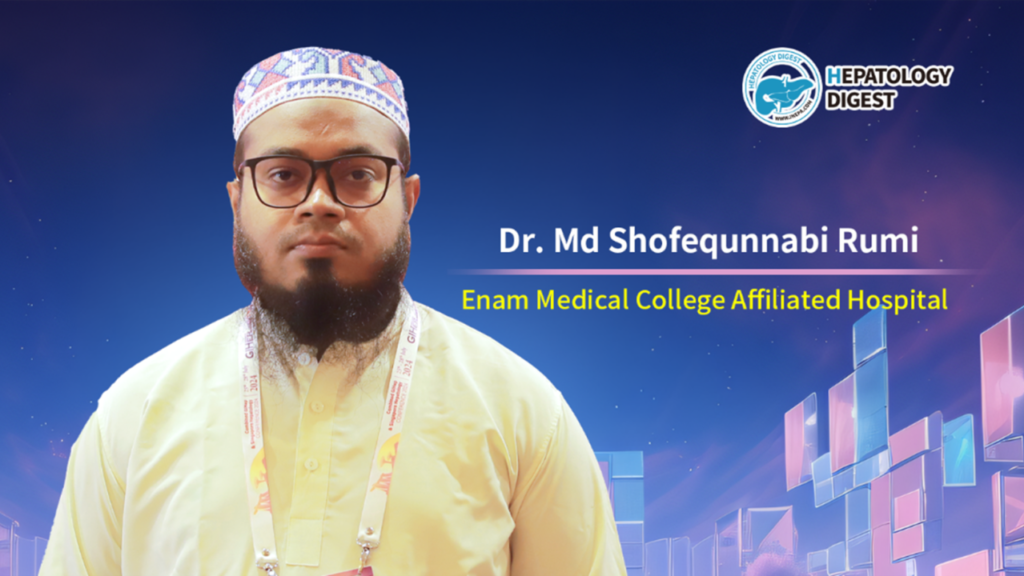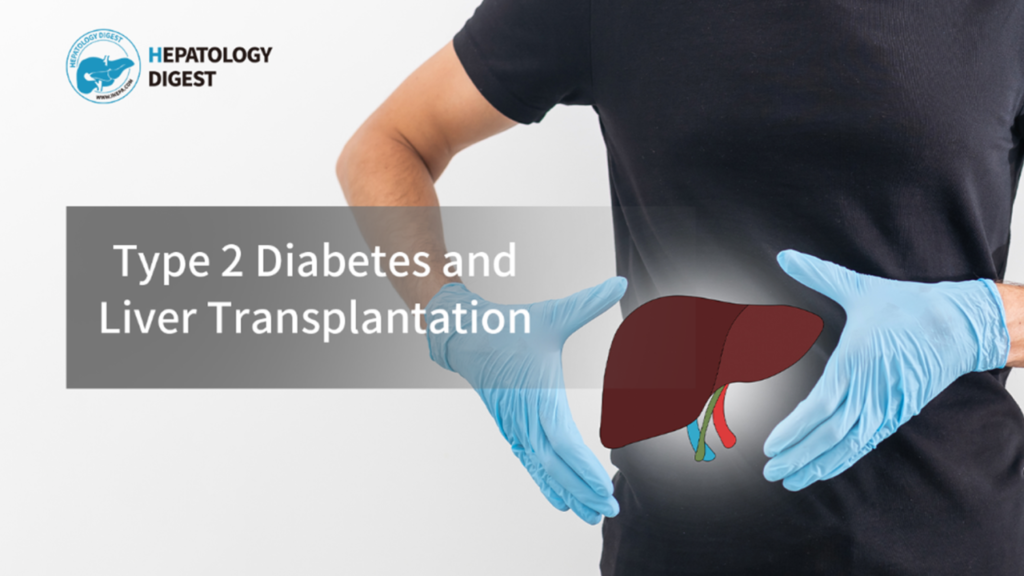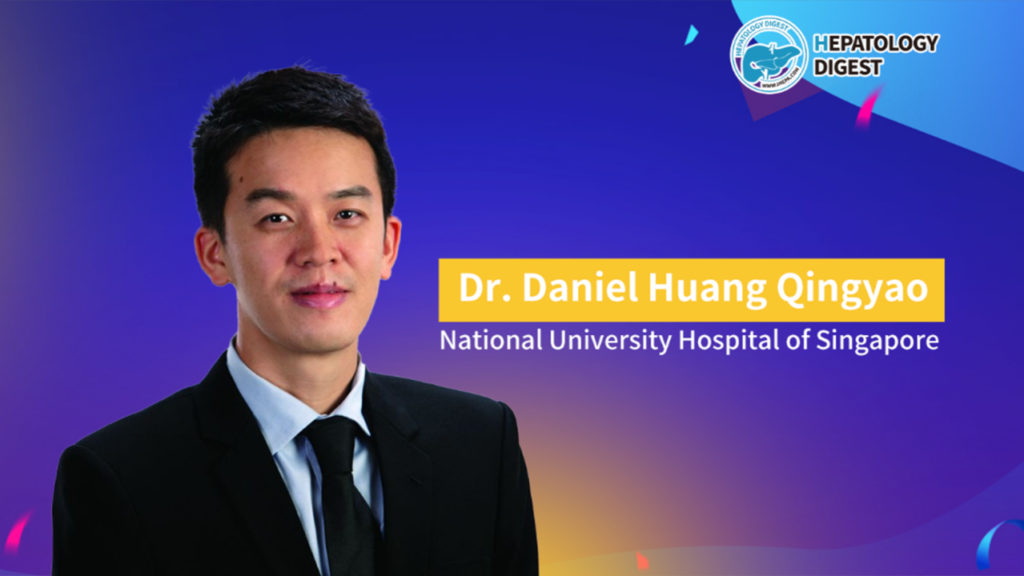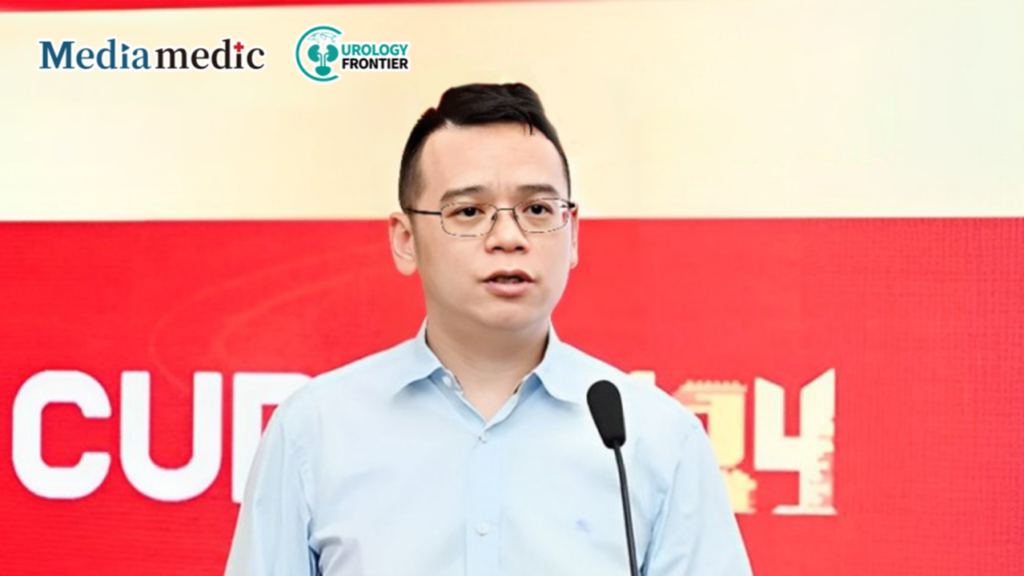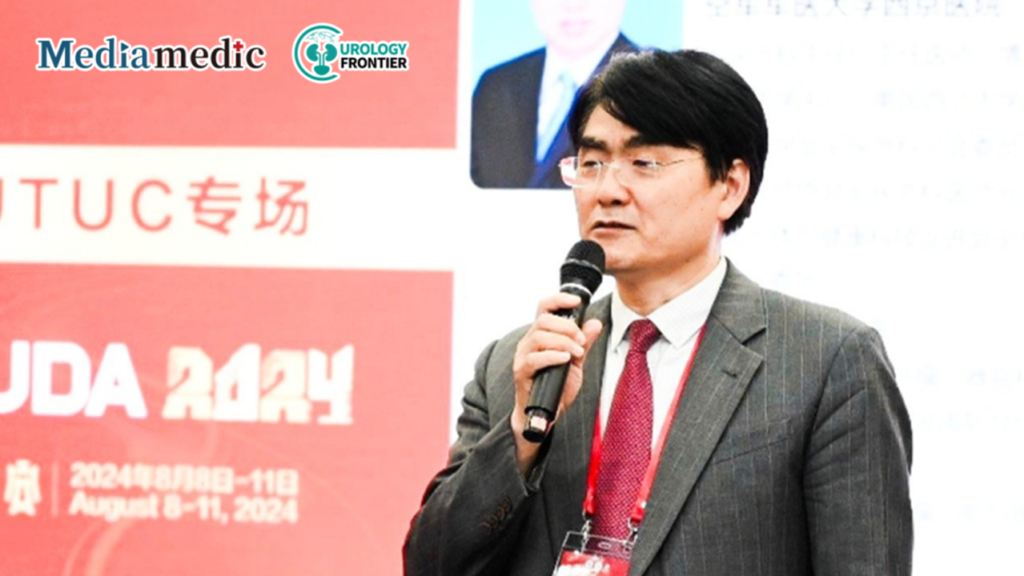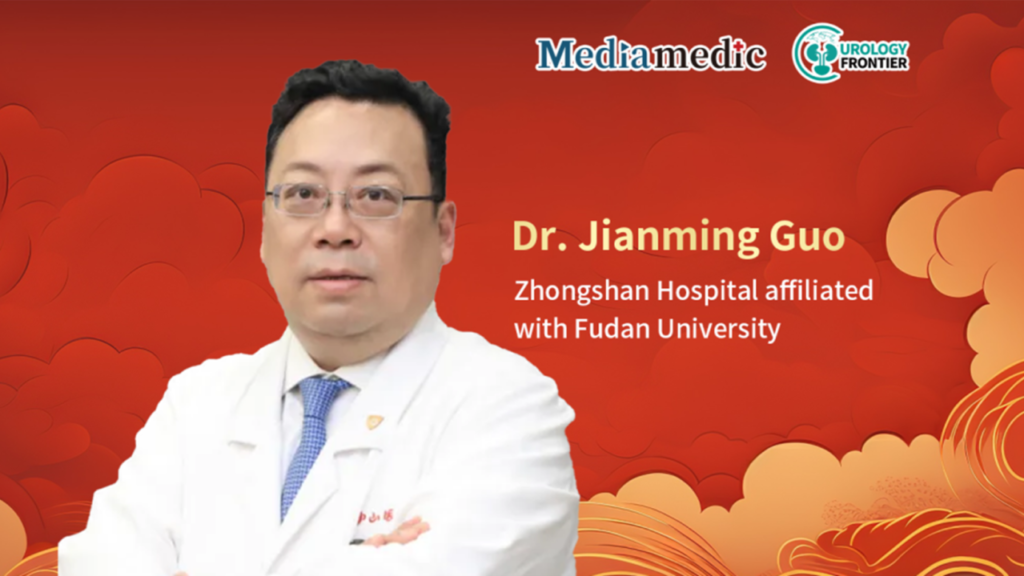
Early detection and treatment of HIV play a crucial role in AIDS prevention and control. A critical battlefield is emerging with increasing importance—the timely detection of acute HIV infection (AHI). AHI refers to the period from the entry of the HIV virus into the body until antibodies become detectable, typically occurring within a few weeks to a few months after infection. During this period, the virus replicates rapidly within the body, leading to a sharp increase in viral load, reaching its peak concentration. Consequently, individuals with AHI are at high risk of transmitting HIV and are a key focus for controlling the spread of the virus. At the 25th International AIDS Conference (AIDS2024), Infectious Diseases Frontier(IIDF) invited Dr. Eduard Sanders from the Aurum Institute in Johannesburg, South Africa, and Dr. Hugo Xi, Senior Medical Director of Scientific and Clinical Affairs at Abbott, to discuss the strategic importance and urgency of AHI detection. They emphasized the immense potential of innovative fourth-generation rapid HIV screening tests in identifying highly infectious individuals. Faced with challenges such as high testing costs, limited data, and false positives, they call for increased public awareness of AHI and advocate for policy adjustments and technological advancements to ensure more people benefit from this crucial testing.

